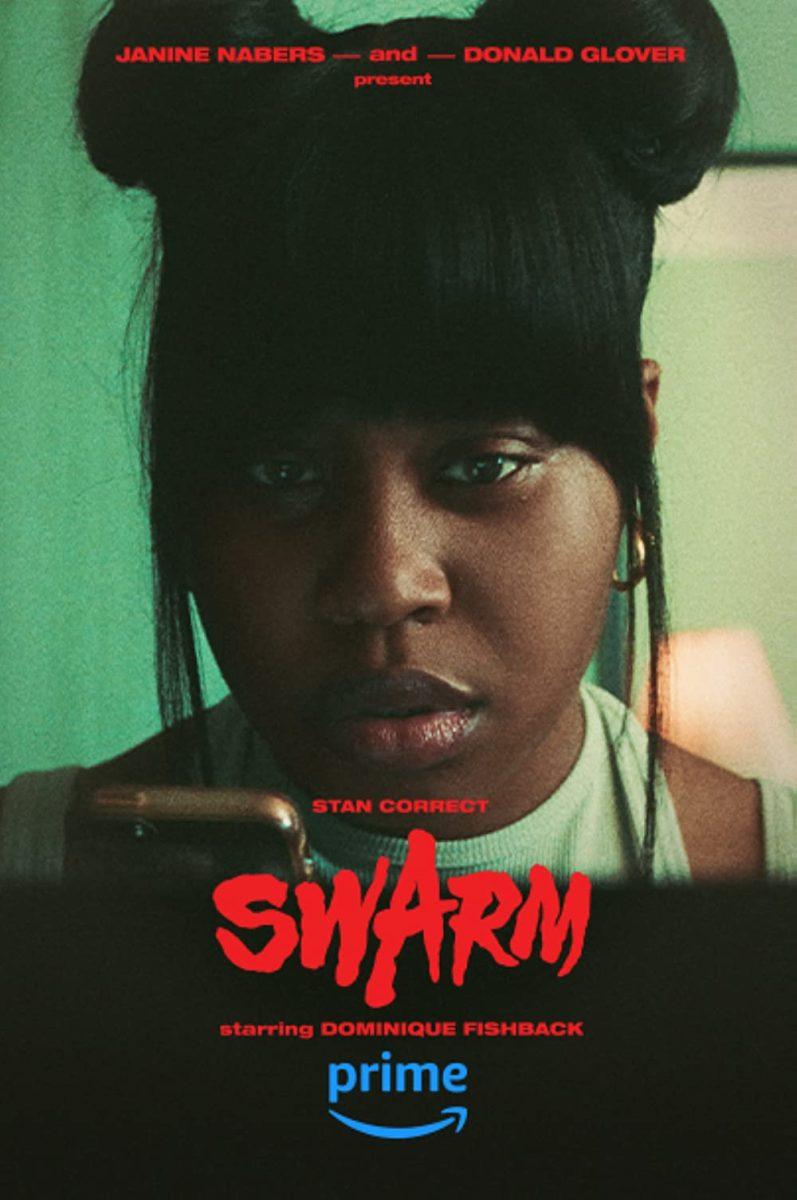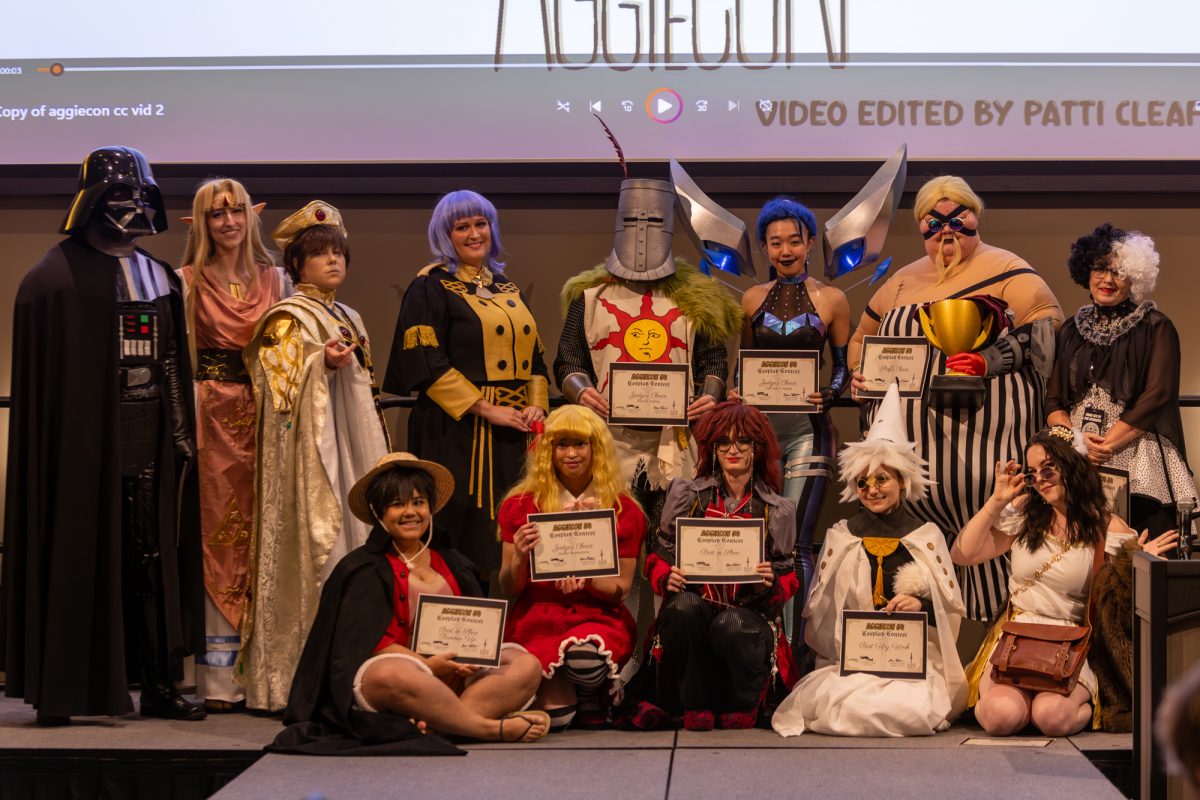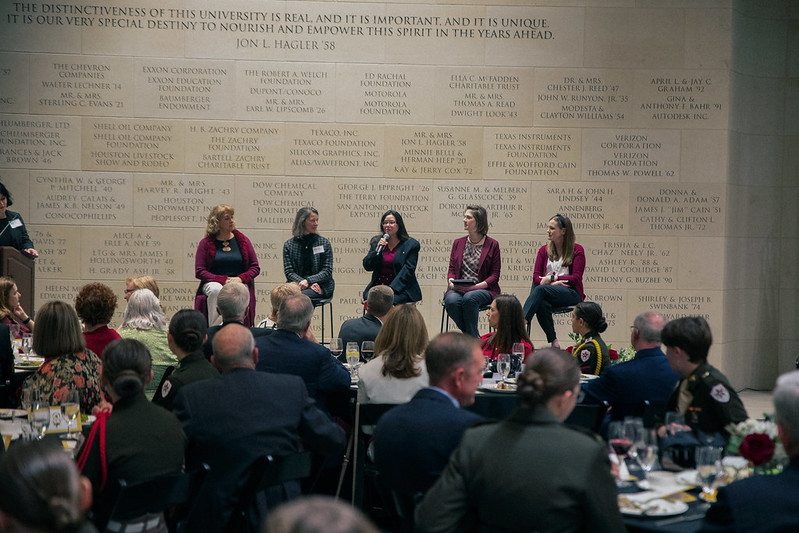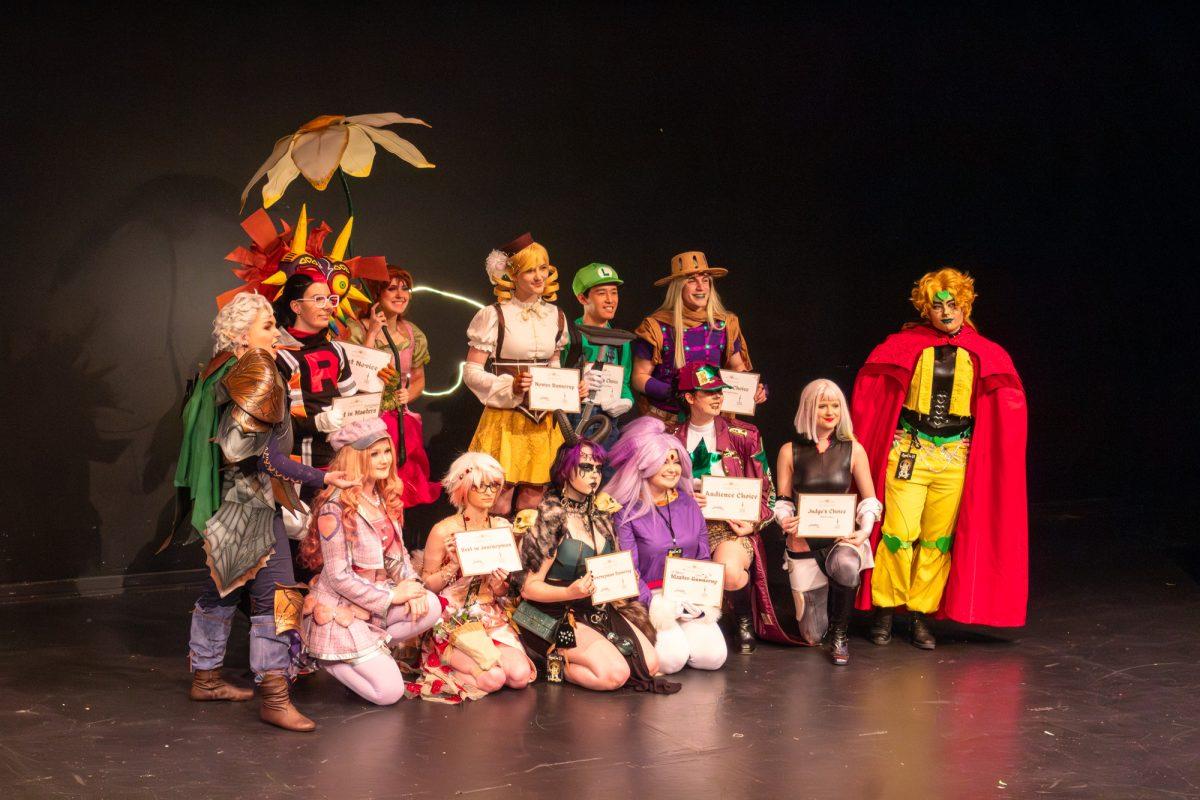“Swarm,” the new series created by Donald Glover and Janine Nabers, is fundamentally a story about a wayward daughter who seeks out a mother. She will kill all who stand in her way.
This mother comes in the form of Ni’Jah, a thinly-veiled Beyonce stand-in whose fanbase is dubbed the eponymous “Swarm.” Much has been said about the furor of Beyonce’s own Beyhive, which the series exaggerates into satirical territory, leading our protagonist Dre, played by Dominique Fishback, to homicidal depths protecting the good name of her queen.
“Swarm” is what happens when stans’ words turn into action, when Twitter advocacy is realized in actuality, like sworn swords protecting their queen. This kind of devotion may sound more attuned to the primitive world of medieval fantasy and not with a parasocial bond formed with a modern popstar. But watching Twitter stans compete, pitting popstars against each other using images, chart data and accolades, they might as well be campaigning for the Iron Throne.
Though Fishback has earned universal praise for her acting performance, minting a new feminine rage character into the canon, in characteristic Twitter fashion, her depiction has also drawn some ire. Some viewers have dubbed her autistic and accordingly, not a flattering description of neurodivergence. This seems to me a chronically online take, one which does not display adequate media literacy of what is, at the end of the day, a femcel satire.
The series shows us how dangerous fandom can be, but through Dre’s eyes, we can also see the palliative effects of idolatry as an antidote to modernity. I know all too well what it’s like to sit alone in my room, away from the lucid horrors lurking outside, and let my mind be transported by a piece of art. I know what it’s like to fall deep into an artist’s orbit, into an endless rabbit hole in the dead of night. Though this moment is private and this feeling is personal, fandom allows us to congregate for a transcendent, collectively sacred experience.
In an increasingly more secular world, in a country where church membership is no longer the majority, humans have not abandoned their quest for meaning. In a senseless world, there is something comforting about an artist who serves as a northstar, whose album releases coincide with eras in your life, whose lyrical content speaks to your life and whose persona becomes something to be sold to you and consumed. Though many people may listen to the artist, you might still be convinced no one understands the artist like you do. Fandom is at once public yet highly personal, a religious kind of devotion.
In the first episode of the series, various characters make fun of Dre’s obsession with Ni’Jah. They call her juvenile, someone who should have already outgrown that kind of teenage devotion. By the series’ end, we’ve watched Dre’s dedication lead to a cross-country spree, killing those who dare speak ill of Ni’Jah online, usually through blunt force. When Dre tries to turn a new leaf and enters into her first adult relationship with someone who doesn’t stan the same artist, Ni’Jah becomes the wedge that drives them apart. Dre strangles her partner before she goes to watch Ni’Jah perform.
When Dre sees Ni’Jah live, she wades her way to the front and climbs up onstage. Security quickly grabs her and tries to usher her away, but Ni’Jah, bathed in a warm, golden light, steps in and asks Dre to sing. Center stage, mic in hand, Dre says “I love you all,” to thunderous applause. The series ends in Ni’Jah’s limousine, Dre laying on her mother’s bosom, tears rolling down her cheeks.
In the end, consequence is abandoned in favor of the surreal. Dre has her transcendent experience and meets her goddess, who, in turn, greets her with open arms. Dre’s nightmarish quest ends, paving the way for the golden dream she always envisioned, what she worked for.
Good for her.










